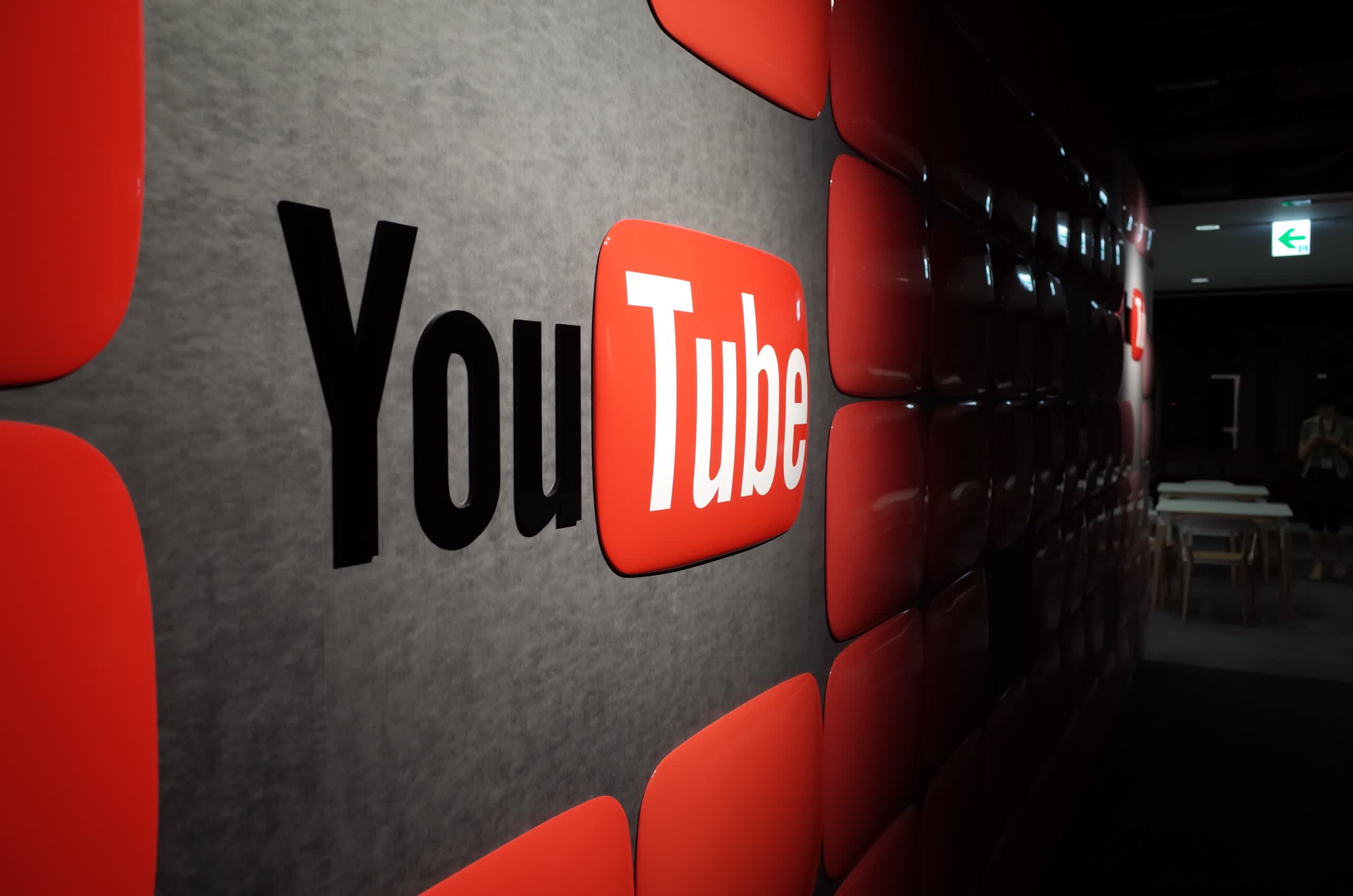Editor's take: Going after a company for discrimination is a dicey gamble at best unless you have smoking gun proof. However, claiming that computer algorithms intentionally targeted you is practically an exercise in futility. It's tough to look at computer code and say definitively that the programmer intentionally used biased code. However, that was the least of this lawsuit's problems.
On Thursday, a federal judge in California dismissed a racial discrimination lawsuit against YouTube that alleged the platform "systematically" targeted non-white and LGBT content creators. Initially, four plaintiffs claimed YouTube frequently throttled or removed their content, often without explanation. The suit requested monetary damages since the creators used their channels to generate ad revenue.
The class action was filed in June 2020, as racial tensions heated up after the George Floyd incident. The class eventually took on five more plaintiffs, claiming that Google's YouTube algorithms were to blame for the automatic profiling and shadow banning of their channels. These actions contradicted the platform's rules that guarantee race-neutral content moderation.
"Instead of 'fixing' the digital racism that pervades the filtering, restricting, and blocking of user content and access on YouTube, Defendants have decided to double down and continue their racist and identity-based practices because they are profitable," the lawsuit stated.
Unfortunately, US District Court Judge Vince Chhabria did not see eye-to-eye with the complainants. Judge Chhabria said the plaintiffs did "not come close" to proving discrimination and dismissed the case.
"The general idea that YouTube's algorithm could discriminate based on race is certainly plausible. But the allegations in this particular lawsuit do not come close to suggesting that the plaintiffs have experienced such discrimination," the ruling reads.
Judge Chhabria also dismissed several other motions and revisions that had come up over the last three years. The plaintiffs contested many of his initial findings, but none of the rebuttals suggested remedies for the proposed "deficiencies" in his judgment. So he dismissed those motions along with the rest of the lawsuit with prejudice, which means the plaintiffs cannot refile their suit. However, they can, and likely will, appeal the ruling.
"The plaintiffs have had six opportunities to adequately plead their claims, and counsel made clear at the hearing for this motion that this is 'the best I got.' Dismissal is therefore with prejudice."
Unfortunately for the plaintiffs, the lawsuit was a farce from the beginning. The initial complaint against Google had a "constitutional orientation" alleging that YouTube violated the content creator's First Amendment rights.
People often forget that the First Amendment, and all of the Bill of Rights, protects people from the government impeding their freedoms, not corporations that own a public forum. Companies are not held to the constitutional standard. Instead, legislation and case law have precedence over such claims. Regrettably, the lawyers even failed to prove a section 1981 claim that can hold companies accountable for "intentional" discrimination.
"The plaintiffs brought this case against YouTube and Google in June 2020, and it was assigned to Judge Koh. Early on, the case had a constitutional orientation – the plaintiffs alleged that YouTube's racially discriminatory treatment violated the First Amendment of the United States Constitution," said Judge Chhabria. "That version of the complaint was dismissed, largely because YouTube is not a state actor and because the plaintiffs failed to allege that any discrimination by YouTube was intentional, as required for the section 1981 claim."
It sounds like these class action vultures were just using racial tensions at the time to throw spaghetti at the wall to see if it would stick – "This is the best I got, Your Honor." Really? That's just begging for a prejudicial dismissal.
